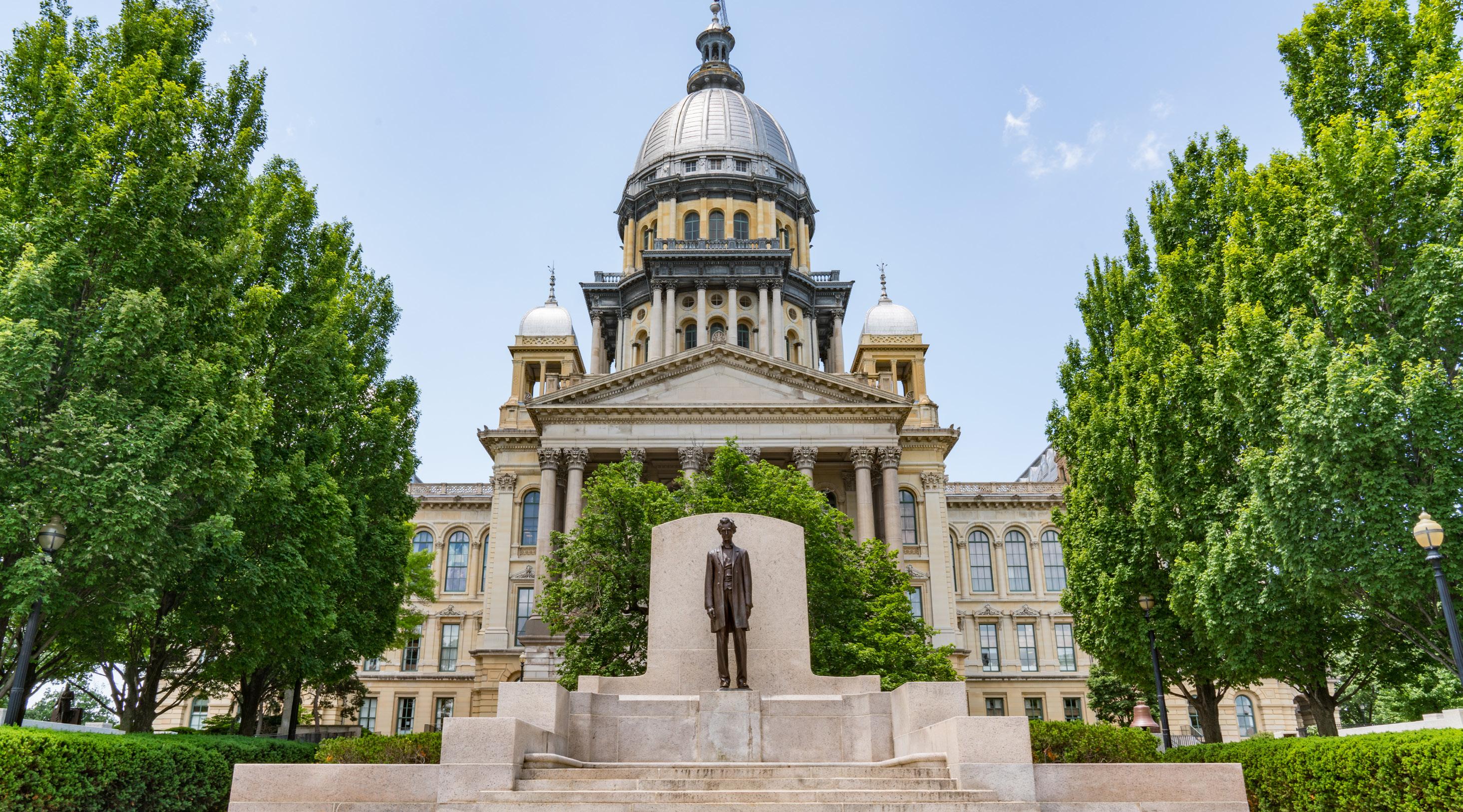
3 minute read
It’s Harvest Season in Springfield
It’s Harvest Season in Springfield
By Andrew Larson, Director of Government Relations & Strategy
Each spring as farmers enter the field to plant the year’s crop, legislators in Springfield prepare to “harvest” their crop and end the legislative session by the end of May. Often times this means that in the weeks following the early March committee deadline periods, as bills have to be passed by a committee to journey through the process to become law, we have a much better idea of which issues are going to gain traction and which are not.
Through the first two months of this year’s session, rumors ran rampant about more than 10,000 bills being filed. Ultimately the number ended short of that, but over 2,600 bills were assigned to committees for review and potential action. Along with appropriations and budget bills, which are standard order issues each year, we have seen a strong resurgence of legislation filed “to stake a position.” These bills range from issues such as making the soybean the official state bean to attempts to tie Illinois vehicle emissions regulations to the standards California uses, and many issues in between.
Of note, one major issue being debated is the future of policy related to the capturing, storage and transportation of carbon/CO2 emissions. In efforts to improve the carbon footprint of many industries, scientific research has been done around storing carbon in geological formations. It just so happens that large parts of Illinois include the right geological composition to store carbon, building on research that has been done at the National Carbon Sequestration Center at Richland Community College in Decatur.
Many industries could benefit from the storage of carbon deep underground. For agriculture, ethanol plants have opportunities to become carbon “negative,” meaning they have a positive environmental impact with the products they produce. This designation presents strong opportunity in the biofuel space for Illinois farmers. However, the details of how these programs operate, and what compensation and safeguards are present for landowners, are part of major discussions happening in Springfield. Several proposals have been under review by all the major ag groups. Work is being done to examine the impacts of this legislation and ensure it allows access for ag commodities to market opportunities but also protects the rights of landowners and rural communities.
Another major issue that is gaining traction is the examination of Illinois’ estate tax policy. In 2017 the Federal government raised its minimum exemption level. This level has changed over the last few years and without attention, is set to lower again at the Federal level. In the meantime, Illinois’ $4 million exemption level is significantly below current federal levels. Agriculture and business groups have been working with legislators to reach a compromise that would raise the Illinois exemption rate and provide more certainty that family farms will be passed on to future generations.
These are just two major issues that are beginning to gain discussion, debate, and negotiation in Springfield this legislative session. As we come closer to the end of the session and terms are being harvested, your policy team at Illinois Soybean Growers (ISG) is working to be at the table and develop state legislation that makes sense for Illinois farmers. To get more regular updates on key policy issues in Springfield and Washington, D.C. visit www.ilsoygrowers.com to join ISG at our new lowered $75 membership rate which directly impacts ISG’s efforts to better represent Illinois farmers.









